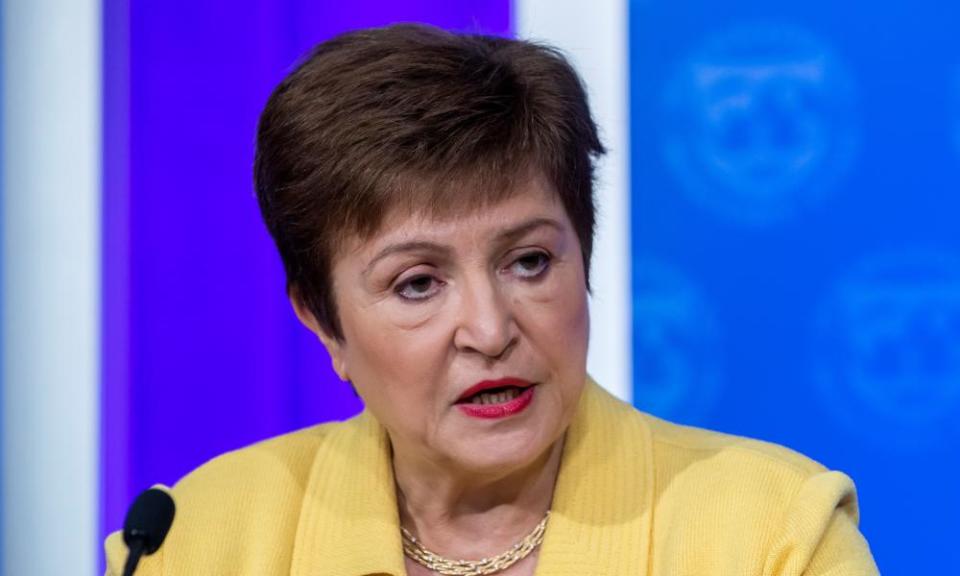Race to stop economic confidence falling victim to coronavirus

The Bank of England governor, Mark Carney, has spent the last week in talks with the chancellor and officials at No 10 knowing that there could be dire economic consequences if the coronavirus provokes a collapse in public confidence. Other central banks have the same concern, but mounting a coordinated response will be a challenge as shockwaves reverberate around the world.
Confidence is a watchword in any crisis and especially a health crisis, according to the Centre for Economic Policy Research.
In a paper entitled Economics in the Time of Covid-19, the thinktank argues that public authorities must remain “extraordinarily trustworthy” by providing detailed, up-to-date information on the spread of the illness, its severity and the methods available for control. The authors say public institutions must stick to the facts and ignore the politics. They add: “Any attempt to colour the facts weakens the credibility of the announcements and delays the point at which confidence returns.”
Carney, after seven years at the Bank, is viewed as one of the UK’s most trusted public officials. His cool head is needed in his final few days in the job, before he hands over to Andrew Bailey, currently the head of the financial regulator, on 16 March.
Carney was one of the first central bankers to say he would do whatever it took to protect the economy as it enters a dangerous phase, with the number of cases rising rapidly outside China. Last week he said the Bank of England was coordinating with the Treasury and international partners to deliver a “powerful and timely” response to the outbreak.
With interest rates at 0.75%, there is little room for the Bank of England to help the economy by cutting rates
The US Federal Reserve was among the first central banks outside south-east Asia to act, cutting rates last week by 0.5 percentage points to 1.25%. This was done in part to calm volatile financial markets. It emerged later that Fed officials had also grown concerned over defaults and bankruptcies among companies already hit hard by delays to vital supplies and consumers staying away.
This week the European Central Bank (ECB) meets to calibrate its own response to the crisis. Its options are to match the sense of urgency on display in Washington, or to take of the Bank of England’s measured approach and tell the 19-member eurozone that a wait-and-see approach would be better.
Carney said it was not clear whether it was time to spring into full action. But with rates at 0.75%, there is little room for the Bank to help the economy by cutting them.
The constraints on the ECB are even tighter. Last September, it cut the rate it offers to private banks further into negative territory, which means lenders are better off lending to domestic businesses than parking their money in the ECB’s vaults.
That leaves finance ministries to do most of the heavy lifting. Indeed, the UK could copy the Italian government if the epidemic worsens.
Last week, Rome said it would introduce tax credits for companies that reported a 25% drop in revenues, as well as tax cuts and extra cash for the health system, at a cost of €3.6bn (£3.1bn) or 0.2% of GDP. These funds were in addition to €900m worth of measures already unveiled for the worst-hit regions.
Boris Johnson is expected to hold further meetings with Carney to hammer out a reassuring plan that can be published this week, possibly around the time of the budget on Wednesday. Bank of England officials are also talking to G20 members and the International Monetary Fund over a global response to the outbreak. The IMF and World Bank have put zero-interest loans of $10bn (£7.7bn) and $12bn aside for developing countries with coronavirus cases, and an extra $40bn of emergency funds for nations that run out of dollars to buy health equipment.
The head of the IMF, Kristalina Georgieva, said last week she wanted to see a global solution to head off a pandemic. At the moment plans are being put together by individual countries, so there is much to be done if there is to be a coordinated bolstering of confidence.

 Yahoo Finance
Yahoo Finance 